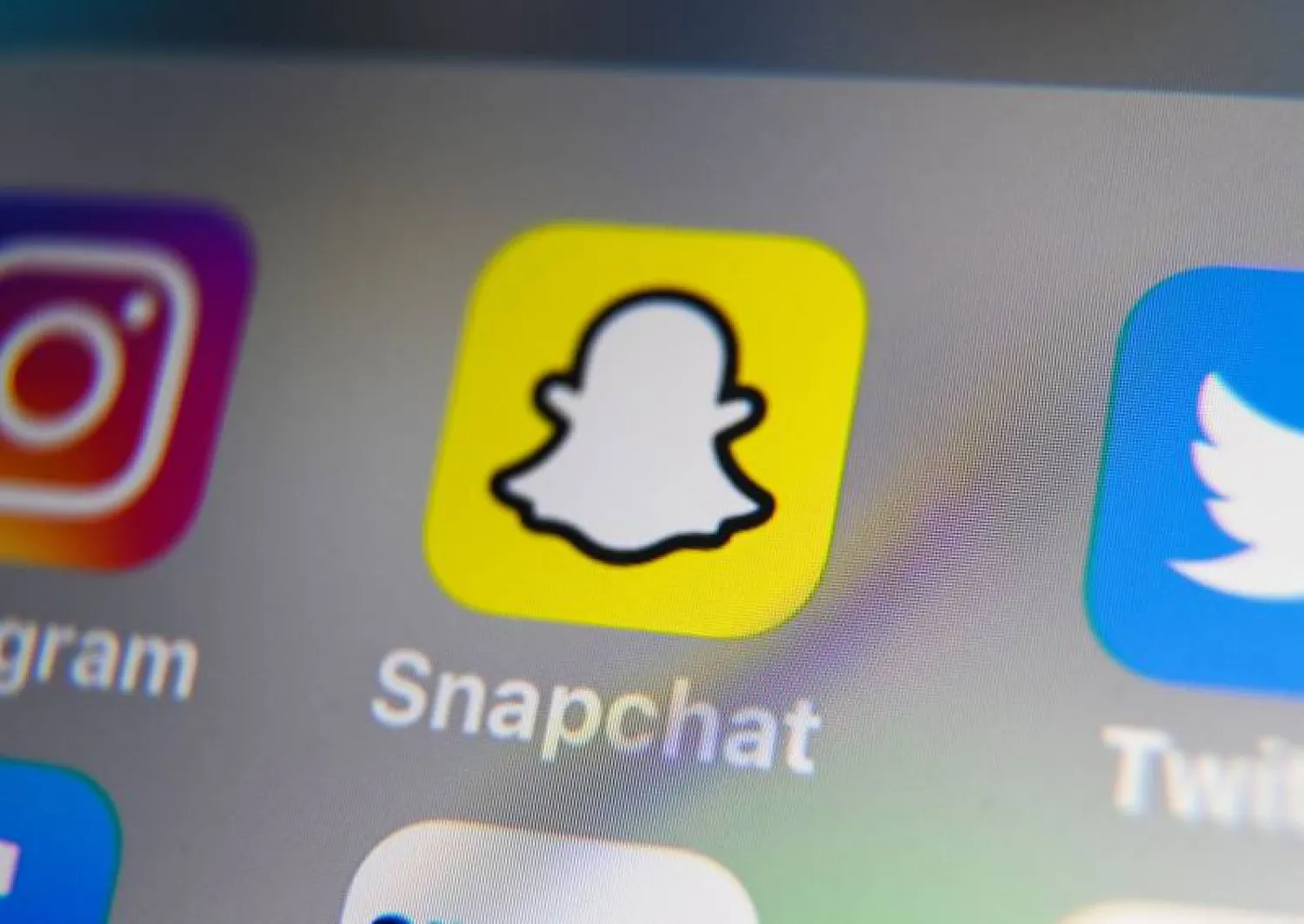Saudi Arabia’s General Commission for Audiovisual Media issued a decision requiring individuals to obtain a license to publish advertisement content on their personal social media platform.
“This move will help regulate the advertising sector and digital content in the Kingdom,” the authority said.
It called on those who wish to obtain the “Mawthooq” license to apply for it through the “Ilam” platform. The license costs SAR15000 ($4,000) and is valid for three years.
Twitter users welcomed the decision, saying it will help control digital content, improve “moral standards” of influencers and limit some of their violations, which in turn will help them improve their judgment on what to publish.
Conditions to receive the license include adhering to the commission's regulations, as well as the content, advertising, and rating (including age rating) controls and pledging to provide any data or information or reports it requests.
License holders must delete any media content immediately and without objection upon the commission’s request, and ensure that they only publish their advertisement on an account registered with the Authority and linked to the obtained license.
Non-Saudis must not to engage in any advertising activity before obtaining the necessary licenses and approvals.
Saudi influencer Abdullah al-Sabaa told Asharq Al-Awsat that filling out the license application form took him only a few minutes. He said the procedure was smooth and simple and that his license was issued in less than 12 hours.
The decision benefits consumers and preserves their rights, and it helps organize the advertising process between the influencer and advertisers, he remarked.
“This will help regulate the advertising market on social media,” Sabaa stressed, adding that consumers can now hold influencers accountable if they advertise any unlicensed or fraudulent product.
The influencer will now become the only party responsible for his published content and must ensure that the advertised products are licensed by the Saudi Standards, Metrology and Quality Organization (SASO), the influencer explained.
He added that influencers must also ensure that the online stores are registered on the “Maroof” platform to ensure the quality of the products.
Saudi advertisers inside the Kingdom and abroad can benefit from the license.
However, Gulf citizens can obtain commercial registration and advertising licenses, while foreigners residing in the Gulf must obtain an individual license by contracting with a licensed local advertising agency or by obtaining an investment license in accordance with the rules and regulations.









